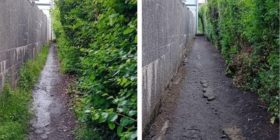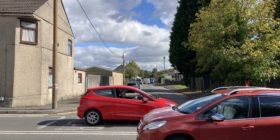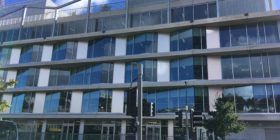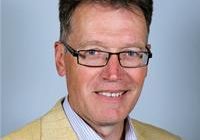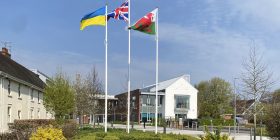Autism Cases in Swansea Tripled in Latest Data, Council Expects Similar Rise in Future

AUTISM among children in Swansea trebled the last time data was gathered and a similar rise is expected next time, the council’s director of education said.
Education director Helen Morgan-Rees told councillors on an education committee that data from three years ago, which looked back at the preceding seven years, found a tripling of autism, which she described as “a stark statistic”.
She said: “We suspect that the data-gathering exercise that we intend to undertake will show a similar pattern of increase.”
Committee chairman, Cllr Mike Durke, said: “That’s incredible, isn’t it? There must be patterns, there must be trends.” It wasn’t clear though if the trebling referred to more diagnosis of the condition, changes in diagnostic criteria or other factors, and this wasn’t established during the meeting.
According to the NHS, autism was something people were born with, and it didn’t prevent them having a good life. Autistic people, it said, might find it hard to interact with others or understand how they thought or felt. It said some autistic people had average or above average intelligence, whereas others might have a learning disability. People with autism, it added, often had other conditions, such as attention deficit hyperactivity disorder or dyslexia.
A report before the committee about plans to strengthen the council’s specialist teaching provisions said new areas of need had also been identified. Schools are expected to cater for the learning needs of all children, including additional needs. There are also 34 specialist teaching facilities within Swansea’s schools, plus two special schools – Ysgol Crug Glas and Ysgol Pen-y-Bryn – which could merge into one purpose-built school in 2028.
The report said the 34 specialist teaching facilities were full, and that meant some children having to travel long distances for their education – in some cases the cost of transport was higher than the education itself. The report added that there was “a variation in approach to inclusion” in Swansea.
The five-year plan is to ensure that children with additional learning needs have a local provision, while creating a more structured county-wide offer. Funding will need to be found.
Report author Kate Phillips, the council’s head of service for vulnerable learners, said there was a higher level of additional learning needs among young people in “some of our more compact city areas”, but that proportionally the need was the same across every area of Swansea. Additional learning needs encompass speech and language and medium learning difficulties as well as autism.
Ms Phillips added: “We are looking at that link between deprivation and additional learning needs – we know, anecdotally, that it exists.” She said the next step was to gather robust data.
A pilot project in Swansea has found that some learners could benefit from shorter-term placements in specialist provision. Meanwhile, a transport pilot has also been running whereby school minibuses take pupils attending two specialist teaching facilities to and from the sites, rather than taxis. Ms Phillips said the feedback had been “overwhelmingly positive”, with pupils arriving more primed to learn than previously, less congestion at the school gates, and a financial saving. But she said ensuring school staff were available to travel on the minibuses was a challenge.
The Local Democracy Reporting Service asked the council, Swansea Bay University Health Board and Public Health Wales what the reasons behind the autism rise might be.
A council spokesman said: “Our role is to support children and young people in education who have autism. A specialist understanding of the reasons behind an increase in autism would be for those in health services with expertise in this area.”
The health board said it wasn’t a query it could help with, while Public Health Wales said it was not involved in either the diagnosis or treatment of autism, or the setting of policies for its diagnosis and treatment.
Spotted something? Got a story? Email News@News.Wales
